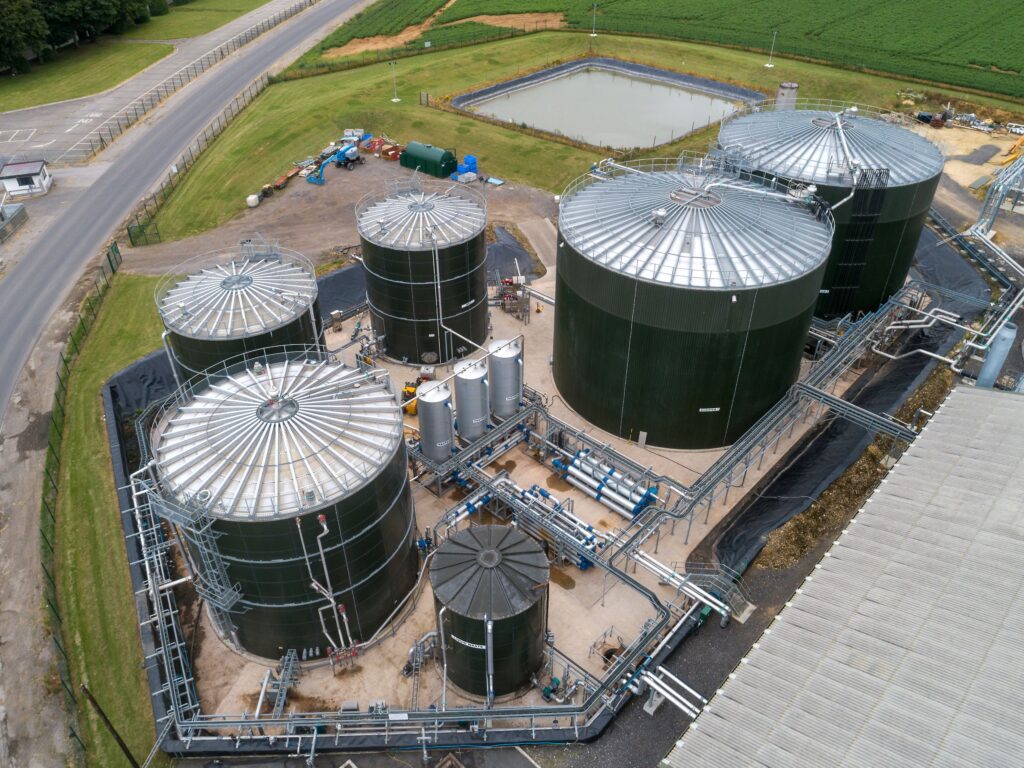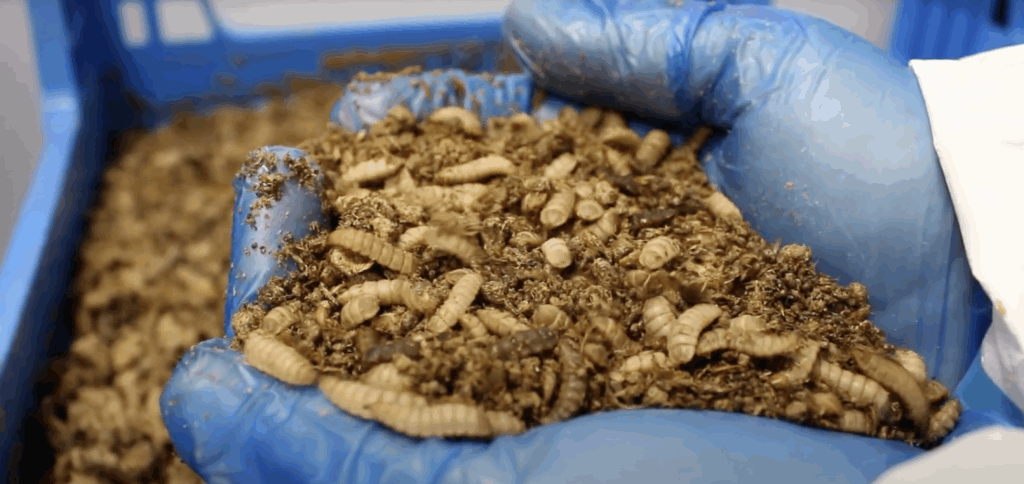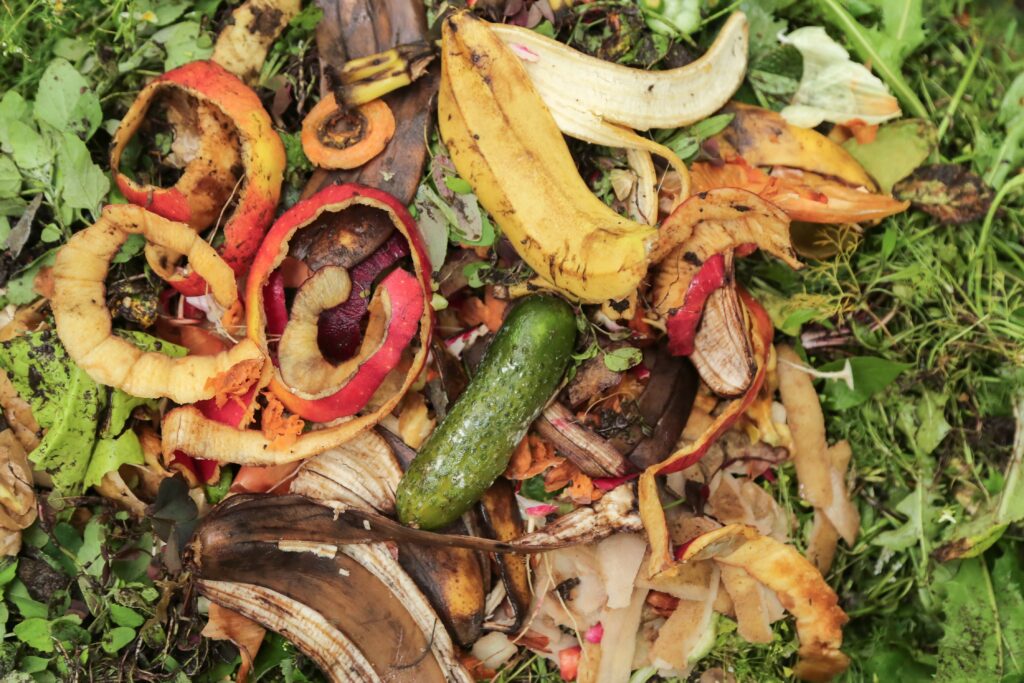Under the agreement, BioteCH4 will initially receive food waste collected from kerbside collections in the Newcastle-under-Lyme borough which will be processed at its Telford facility.
Process
The anaerobic digestion process involves converting food waste into energy, which is then fed back into the national grid. Additionally, the process produces biofertiliser, an organic material used to enrich farmland.
Newcastle-under-Lyme borough council’s portfolio holder for sustainable environment David Hutchison said: “Providing residents with an efficient food waste collection service is one of our top priorities. Not only does it encourage our residents to consider their recycling habits, but recycling food waste can play an important role in reducing our carbon emissions. We are pleased to be working with BioteCH4 and will be working hard to expand our food waste collection services across the county in the future.”
Food Waste
Depending on the roll-out of food waste collection in other authorities, the county-wide framework has the potential to recycle up to 40,000 tonnes of food waste annually. This scale of recycling could yield enough renewable energy to power as many as 7,000 homes.
Pamela Woolcock, group public sector lead at Biotech4, said: “We are really pleased to be working with Newcastle-under-Lyme to recycle its food waste. “Mandatory food waste collection services will need to be implemented by all councils and this could be a daunting challenge for some local authorities. But securing the treatment site early will help councils understand what recycling capacity is available and enable them to plan vehicle procurement, service routes and other logistics accordingly.”








Subscribe for free